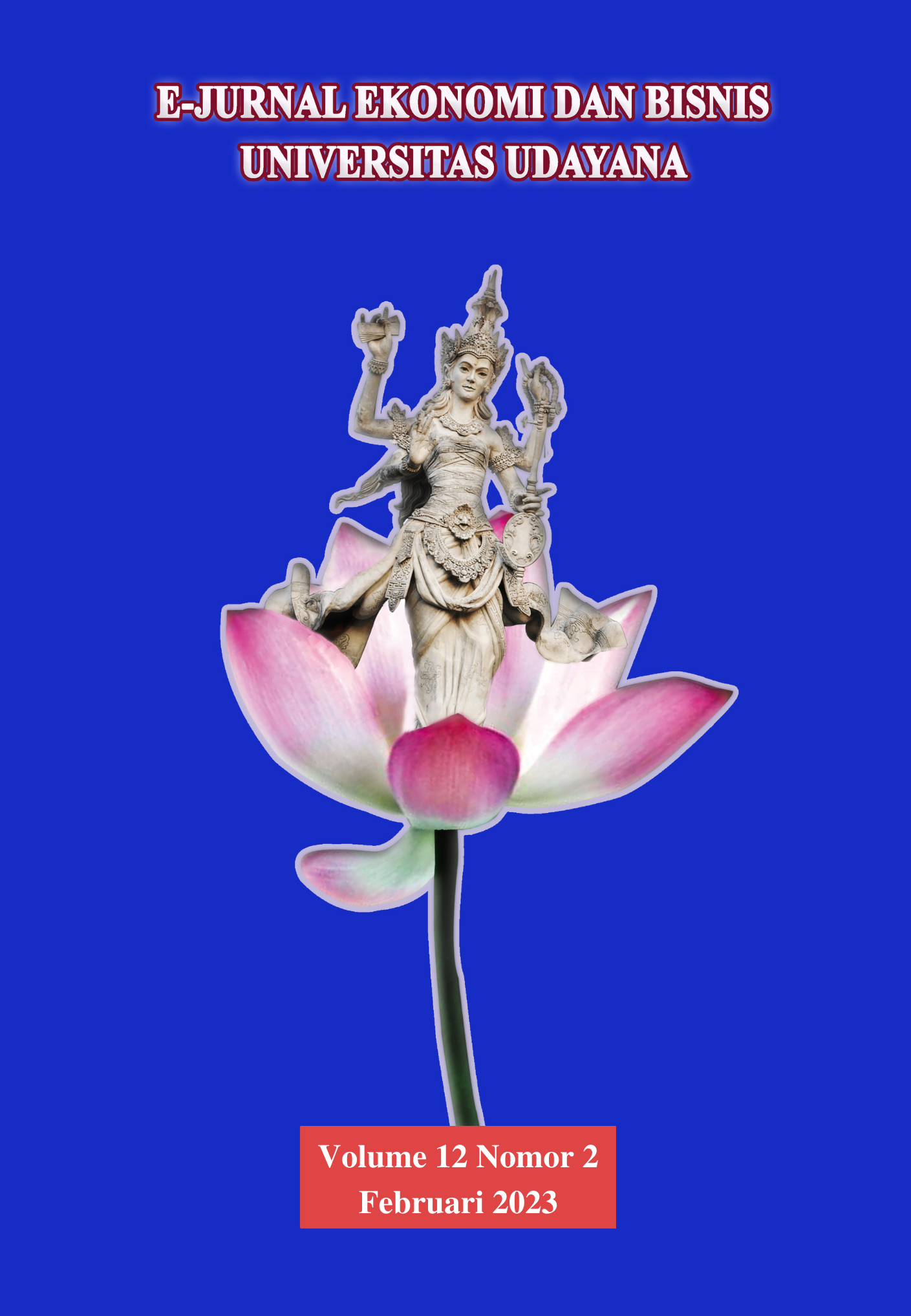ANALISIS KINERJA PERUSAHAAN BERBASIS PENDEKATAN BALANCED SCORECARD (STUDI KASUS PADA PT. BPR DESA SANUR)
Abstract
Balanced scorecard is company's performance measurement tools created by Robert S. Kaplan and David P. Norton. Balanced scorecard assesses company performance through four perspectives, namely financial perspective, customer perspective, internal business process perspective, learning and growth perspective. The research was conducted at PT. BPR Desa Sanur, located in Denpasar. The purpose of this study was to determine and analyze the performance of PT. BPR Desa Sanur is based on a balanced scorecard so that it can be seen that the measurement of performance is balanced with a financial perspective and a non-financial perspective. The sample of this study amounted to 38 employees with probability sampling method census technique. The method of data collection is using non-participant observation and questionnaires. The data analysis technique uses four perspectives from balanced scorecard. The results of the analysis that have been carried out show that the performance of PT. BPR Desa Sanur using the four perspectives of the balanced scorecard is classified as quite good with the average score obtained is 0.25. Based on these results, it is expected that PT. BPR Desa Sanur to be able to plan the right strategy in the future and improve performance to maintain customer trust.


















